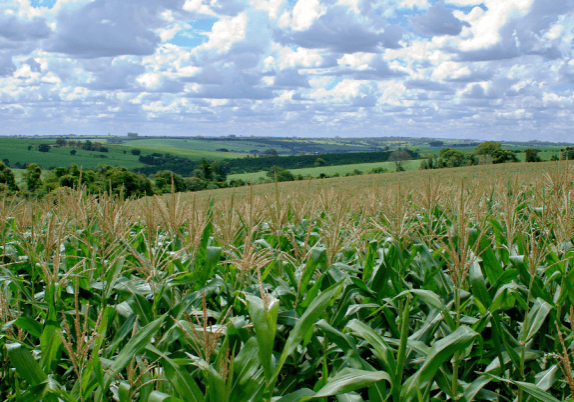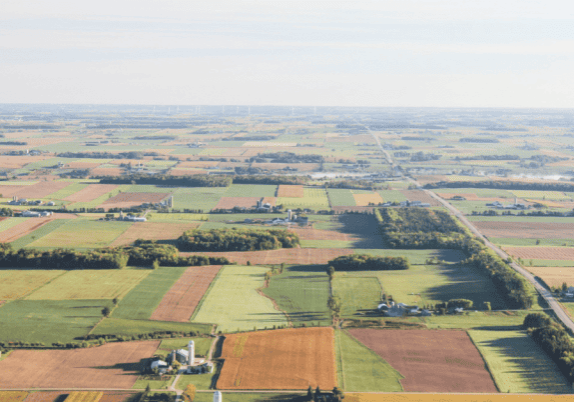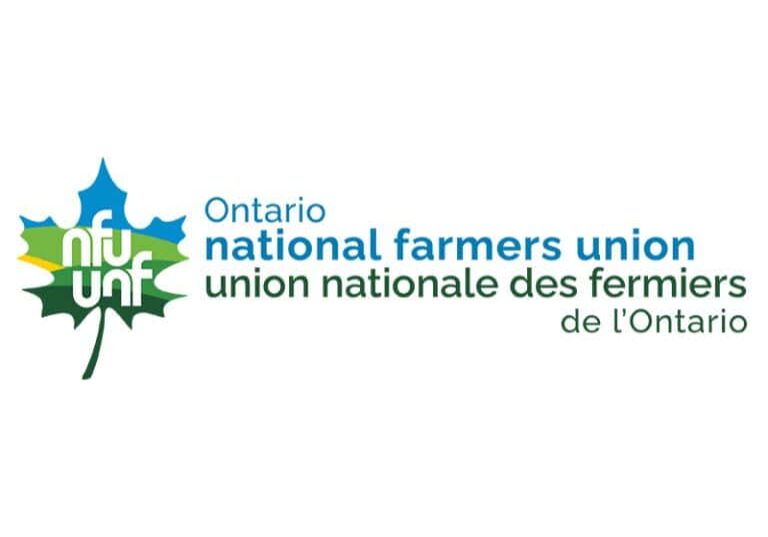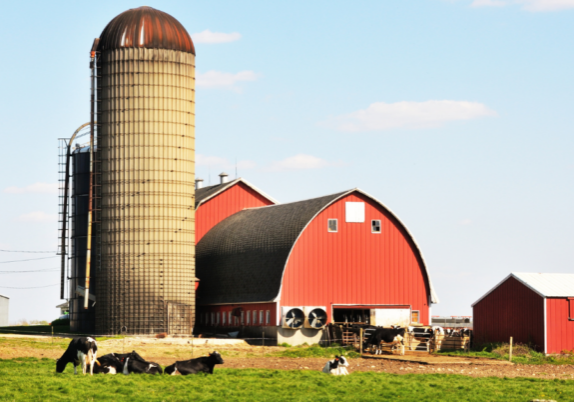NFU-O Response to Bill 185 and the Proposed PPS (2024)
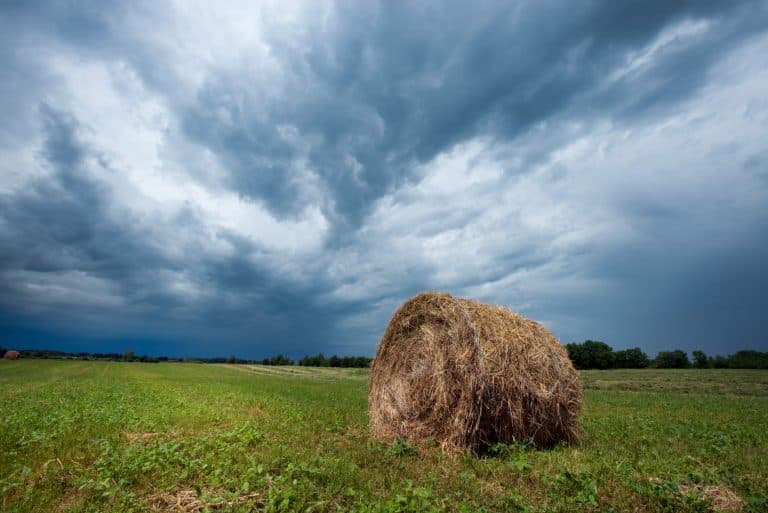
Re: ERO 019-8462 Review of proposed policies for a new provincial planning policy instrument.
Minister Calandra,
The National Farmers Union of Ontario (NFU-O) is an accredited farm organization representing thousands of sustainable farmers in Ontario and has advocated for farmers across Ontario since 1969. NFU-O policy calls on all levels of government to enact and follow transparent, rational planning guidelines, regulations, and bylaws to ensure fairness to all citizens, to protect farmland and ecologically sensitive areas from development, and to prevent the further privatization of public lands.
Schedule 12 of Bill 185 and the proposed Provincial Policy Statement (2024) raise significant concerns for the long-term protection of finite and invaluable Ontario farmland. While we commend the Ontario Government for making some positive changes based on stakeholder engagement, the NFU-O is opposed to guidelines that erode protective regulations put in place for farmland and natural heritage lands, and that diminish transparent, democratic decision making. Without strong regulatory mechanisms that are complementary to agriculture and development, the future of Ontario’s precious farmland and food security are at risk.
New Settlement Areas and Settlement Boundary Expansions
Settlement area boundaries are an invaluable planning tool for farmland protection. The NFU-O is pleased to see criteria adopted within the proposed PPS (2024) for specialty crop areas, prime agricultural areas, alternative locations, and minimum distance separation formulae (MDS). We are particularly pleased that the government is requiring an agricultural system approach, and that agricultural impact assessments (AIAs) will be required for any proposed settlement areas and settlement boundary expansions (2.3.2). We are worried, however, that AIAs may not be used methodically for any new settlement or boundary expansion because of the vague allowance for an “equivalent analysis, based on provincial guidance” (2.3.2.f). The NFU-O recommends that the government, with farmer experts, develop and release provincial guidance on province-wide AIA and how to implement an Agricultural System approach. This should include mapping and MDS requirements, as these tools are the foundation to ensure farmland protection and responsible development.
Most importantly, Bill 185 and the proposed PPS pose a threat to all agricultural lands outside of the Greenbelt by weakening the language around whether planning authorities must “demonstrate” (PPS, 2020, 1.1.3.8) or simply “consider” (PPS, 2024, 2.3.2) whether new settlement areas or settlement area boundary expansion compromise prime agricultural or specialty crop areas. We recommend that the government return to the original language that requires planning authorities to “demonstrate” that “there are no reasonable alternatives which avoid prime agricultural areas” (PPS, 2020, 1.1.3.8 c.2.i).
Similarly, the NFU-O recommends that the government revert to the “shall” language in the original PPS 2020 that stipulated that planning authorities “shall establish” (vs. “encourage”) density targets (with minimum targets of 50 residents and jobs per gross hectare in all designated growth areas) before greenlighting any development on farmland, with the provision of “… where provincial targets are established through provincial plans, the provincial target shall represent the minimum target for affected areas.” (PPS, 2024, 2.3.1.4 & PPS, 2024 2.3.1.5 vs. PPS 2020, 1.1.3.4). Encouragement is no protection against urban sprawl.
In fact, the NFU-O takes the position that any new settlement or boundary expansion on any farmland (rural or prime) should only occur after planning authorities demonstrate no reasonable alternatives. In particular, we recommend that development on any farmland (this includes ALL soil classes) should only occur after urban areas have rehabilitated and redeveloped greyfield and brownfield sites within existing urban boundaries.
We also recommend that the Greenbelt Plan must take precedence over Bill 185 and the proposed PPS within the Greenbelt. Finally, the proposed PPS should unequivocally state that any discussion of new settlement areas or settlement boundary expansion should only occur within an Official Plan (OP) review process.
Overall, the NFU-O recommends that the proposed PPS and Bill 185 be revised to facilitate, privilege, and mandate development through density, intensification, and redevelopment in designated growth areas, and require that all planning authorities demonstrate that all alternatives have been exhausted before any urban expansion of farmland development. Rather than planning that allows for sprawl, we recommend that the PPS and any legislation enforce fixed urban boundaries. If the PPS fails to encourage density and in-filling, Ontario’s food security will be severely compromised.
Community Service Areas
The NFU-O supports the development of community service areas like schools, hospitals, and long-term care facilities, and recognizes the urgent need for these institutions. However, without more details, we believe exempting community service facilities from Planning Act requirements as proposed in Bill 185 (Schedule 12, 14) could be detrimental to farmland protection. For any development, we recommend that planning authorities should be required to demonstrate: a) that the site has been assessed for alternative options outside of specialty or prime agricultural land; b) MDS formulae are being respected; c) that they have conducted an agricultural impact assessment, and have assessed and mitigated any agricultural system impacts. These are the minimum requirements to ensure we are balancing development with farmland protection.
Additional Residential Units (ARUs)
Improving consistency for ARU direction could translate to positive benefits for multi-generational farm families, farm workers, and others seeking to add residential units on rural properties. The PPS ARU criteria for land in prime agricultural areas— ensuring ARUs comply with MDS formulae, do not hinder agricultural operations, and minimize land taken out of agricultural production (4.3.2)— will help ensure that ARUs are complementary to agriculture. However, the NFU-O is concerned that developers might see this as an opportunity to purchase farms in peri-urban areas with the speculative intention to sever for future developments. The NFU-O recommends that the Government a) provide clear guidelines explicitly stating that only one new residential lot may be created in a prime agricultural area per farm consolidation, b) provide clear, long-term ARU guidelines for situations such as farmland transfer or sale, and c) develop precautionary policy to account for potential development pressures in the future.
Third-party appeals
Limiting third-party appeals on municipal OPs and settlement boundary expansions to only “specified persons” (hydroelectric, telecommunication, and utility company personnel) eliminates key democratic planning processes by silencing any concerned members of the public—including farmers—on development decisions. Bill 185 also unfairly maintains third-party appeal rights for developers, or the “person or public body that made the request” (Planning Act, 17 (24)), creating a biased decision making process. Bill 185 and the proposed PPS will silence the voices of farmers and concerned members of the public on any OP or settlement boundary expansion proposal while giving developers the opportunity to dispute any decision they disagree with, even when these decisions have privileged urban density and farmland protection. The NFU-O believes in democratic and participatory planning processes, and recommends the Ontario Government maintain universal third-party appeal rights on any development, OP, or settlement boundary expansion proposals.
Upper-tier Municipalities
Removing land-use planning responsibilities under the Planning Act for York, Peel, Halton, Waterloo, Durham, and Simcoe County is highly irresponsible as upper-tiers and regions play a foundational role in sound development decision-making. These regions are home to a significant amount of Ontario’s prime agricultural land, and regional planning is essential to ensure an agricultural-systems approach to development. Bill 185 threatens to leave lower-tier municipalities who lack capacity and staff with making fundamental decisions around farmland development. The NFU-O recommends that the government return planning responsibilities to upper-tier municipalities. We caution that uninformed decision-making can lead to irreversible damage and intense public push-back. This can be seen with the current public outcry against farmland expropriation in Wilmot Township, where undemocratic, short-sighted decision-making led by a lower-tier government is pushing an unpopular industrial development on prime agricultural land.
Minister Zoning Orders (MZO) Framework
While establishing a new framework for requesting an MZO could help enhance transparency, the NFU-O recommends that MZOs should be an exception to the rule, as they were originally intended. Despite the fact that development proposals should undergo proper review processes, MZOs have been increasingly popular in recent years to help accelerate development approvals. While we recognize Ontario’s urgent development needs, we maintain that development decisions should always involve thorough and rigorous assessment that considers the precautionary principle, and ensures that the results are sustainable for all involved.
Conclusion
The NFU-O advocates for a balanced approach to development and farmland protection. We commend the Government for integrating agricultural stakeholder engagement feedback within Bill 185 and the PPS proposal (2024), but we strongly believe that eroding protective regulations put in place for farmland and natural heritage lands, and diminishing transparent, democratic decision making will have long-lasting negative impacts on Ontario’s regional agricultural systems. In summary, we recommend the Government:
- Provide provincial guidance (developed with farmer experts) on province-wide AIA criteria and how an Agricultural System approach will be implemented, including mapping and MDS requirements.
- Revert to the original PPS language used to define settlement area boundary expansion to ensure that planning authorities must “demonstrate” that “there are no reasonable alternatives which avoid prime agricultural areas” (PPS, 2024, 2.3.2 vs. PPS, 2020, 1.1.3.8 c.2.i) and that they “shall establish” density targets (PPS, 2024, 2.3.1.4 & PPS, 2024 2.3.1.5 vs. PPS 2020, 1.1.3.4).
- Make explicit that the Greenbelt Plan will take precedence over Bill 185 and the proposed PPS for all land within the Greenbelt.
- Revise the proposed PPS and Bill 185 to facilitate, privilege, and mandate development through density, intensification, and redevelopment in designated growth areas.
- Require all forms of development, including community service areas, to abide by the Planning Act and the PPS to demonstrate that they have assessed and mitigated for agricultural impacts (Bill 185, Schedule 12, 14).
- Develop and provide long-term plans and clearer criteria around ARUs and severances (PPS, s. 4.3.2.5, 4.3.2.1.c). This includes explicitly stating that only one new residential lot may be created in a prime agricultural area per farm consolidation.
- Remove the “specified persons” criteria in Schedule 12, 3 of Bill 185 and allow for third-party appeal rights for farmers and citizens on all OP or settlement boundary expansion proposals.
- Maintain planning responsibilities for upper-tier municipalities in regards to regional development, planning, and agricultural protection (Bill 185, Schedule 12, 1).
- Limit MZOs to exceptional circumstances as they were originally intended. Proper and thorough review of development projects via the PPS must be the default process for all development approvals.
Enacting all of the NFU-O’s recommendations is necessary to ensure Ontario’s food security and to protect its $48.7 billion agricultural industry. We need a strong PPS and legislation (including BIll 185) that mandate development within existing urban boundaries, protect farmland for future generations, and create opportunity for genuine democratic input. Development at the expense of agriculture is a losing proposition—for this government, for the people, and for farmers and farmland.
Sincerely,
Max Hansgen
President, National Farmers Union – Ontario
